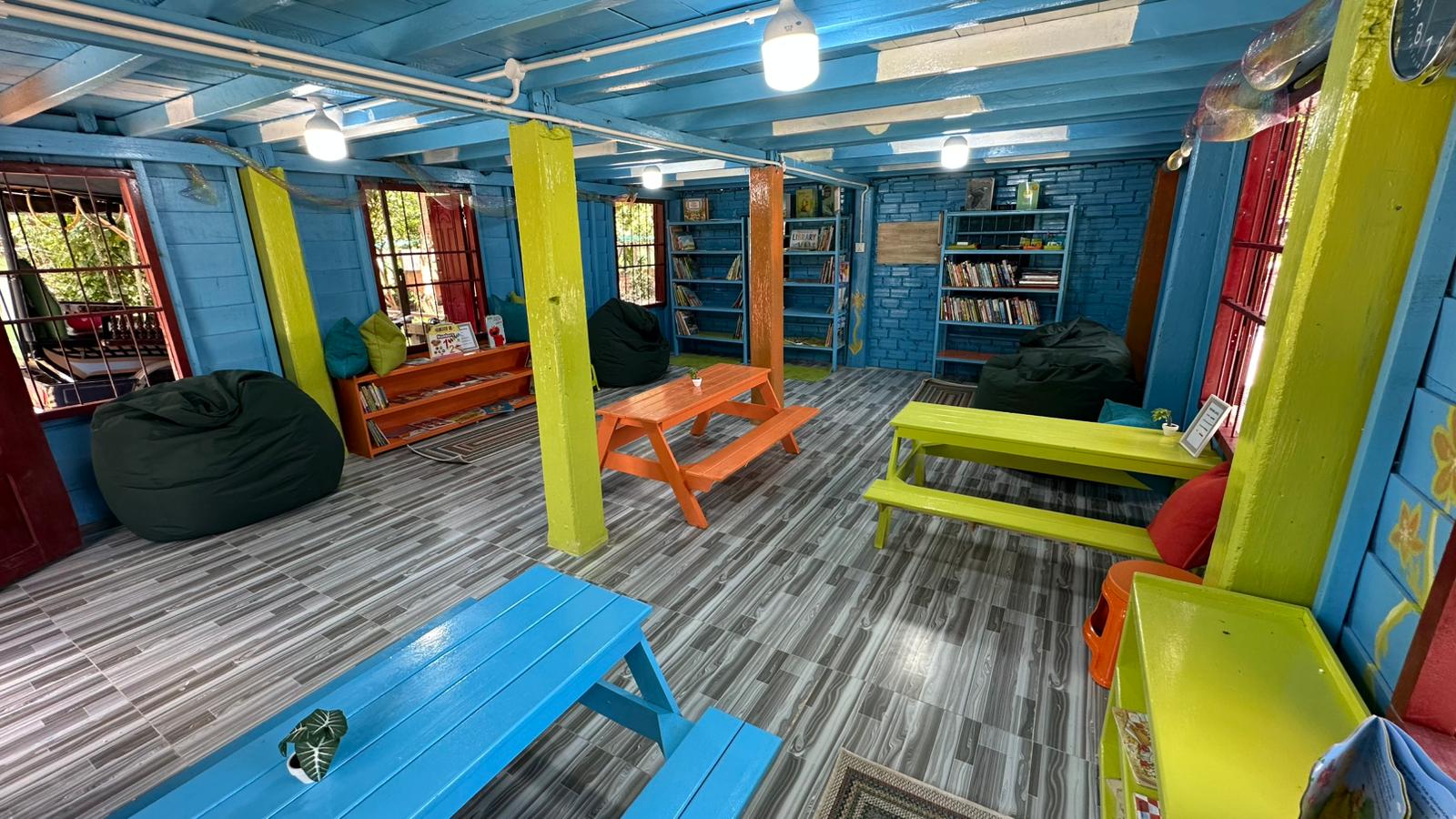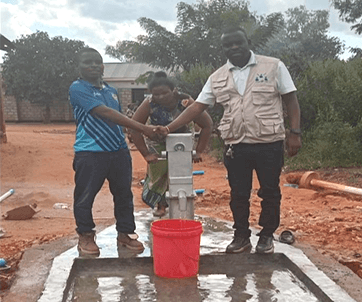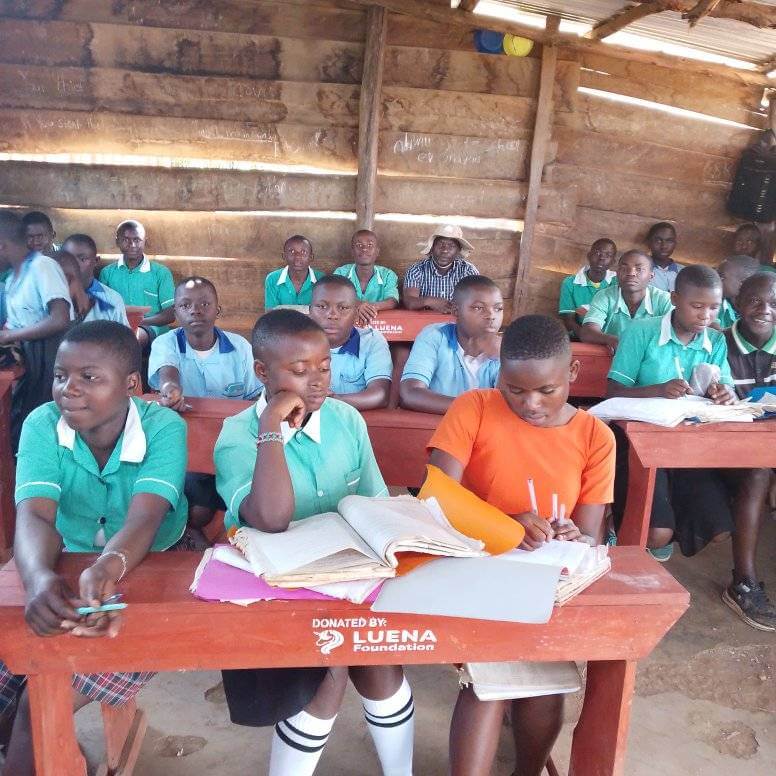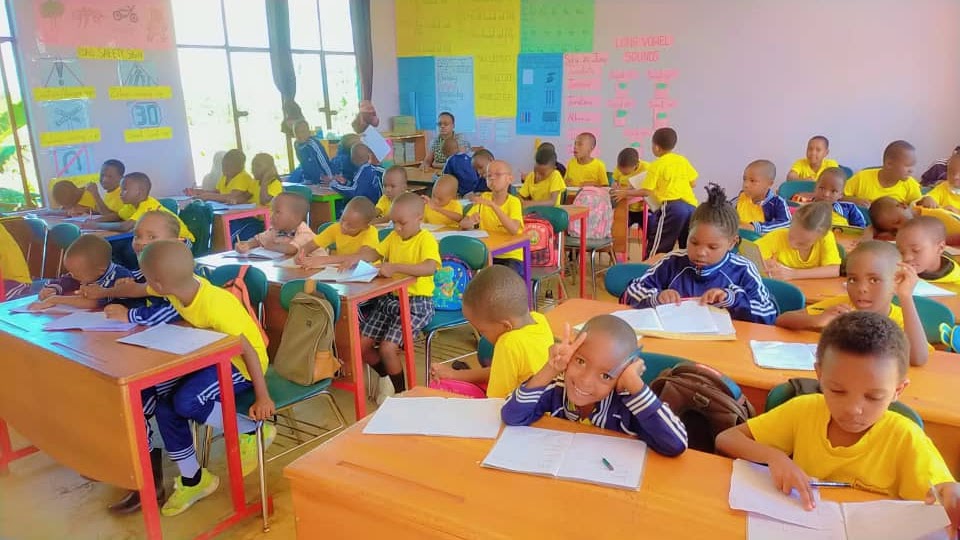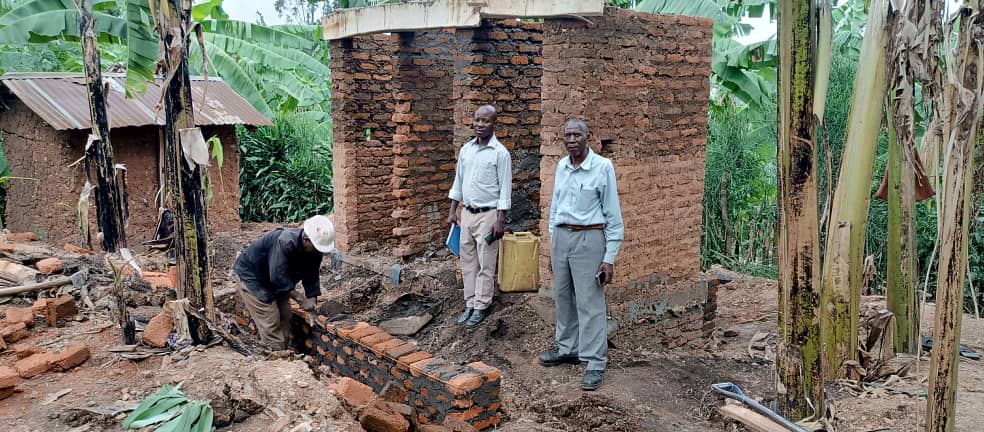
About the Project
The project consisted of building a three stance latrine at Action Junior School Kabatunda.
Location
Kabatunda Town Council, Busongora North Constituency, Kasese, Uganda
Quick Project Stats
| Funding Date | January 2025 |
| Luena Investment | $1,000 |
| CBO Partner | Kitchen Farm Resource Center (KFRC) |
| Village | Kabatunda Village |
| Country | Uganda |
| # of Children Impacted | 426 |
| Community Contribution | manual labor; additional $885 USD from KFRC and community donations |
Insufficient Sanitation Facilities Impact Learning and School Attendance
Action Junior School Kabatunda is located in the hard to reach areas of Kasese District and has lacked a proper latrine for a long time. As a community-led school, Action Junior School has very limited resources, and since its inception, the school has had poor latrines that are difficult for learners to access and which contribute to the spread of diseases like diarrhea that are related to poor hygiene. Some of the learners, especially girls, have developed or acquired urinary tract infections (UTIs) or other problems. These spread quickly among the learners and continuously affect the learning environment with high rates of learners missing classes for health and hygiene related reasons and some dropping out of school.
New Latrine Improves Hygiene and Health in Support of Education
The donation from Luena Foundation was used to construct a three stance pit latrine at the school so that learners have easy access to safe and clean facilities. This project has solved an immediate need for hygiene at the school to ensure the school going children have a clean environment. This will significantly enhance school retention and the attendance rate among school going learners, with associated better performance and lowered school dropouts, especially among girls.
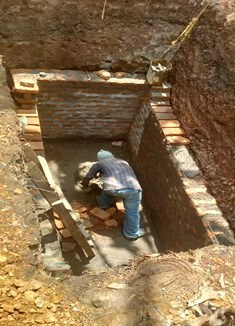
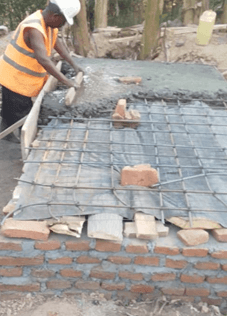
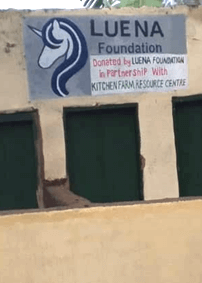
Meet our Partner Community-Based Organization
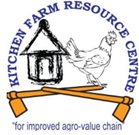
Kitchen Farm Resource Centre is a community-based organization founded by women in 2017. It is focused on improving the livelihood of people in Kasese District – especially children, women, and the youth – particularly through good agronomic methods for better production.


